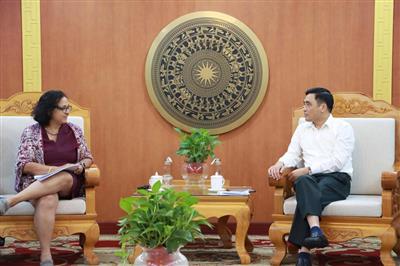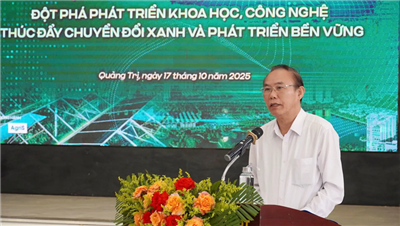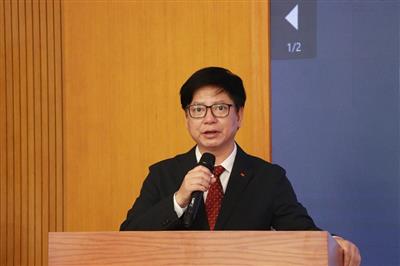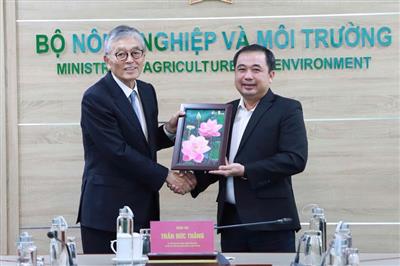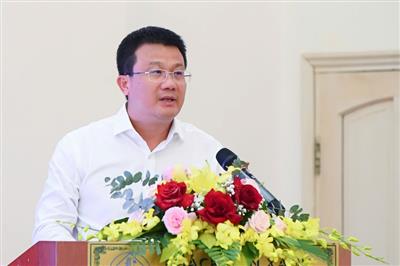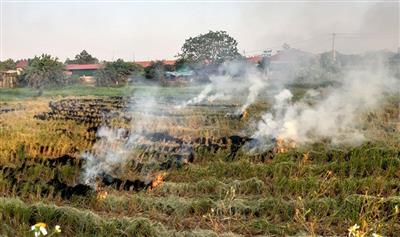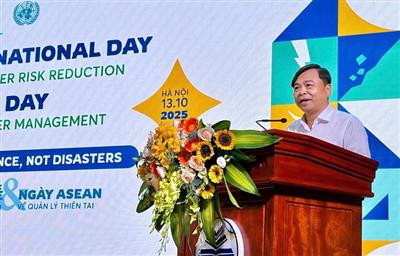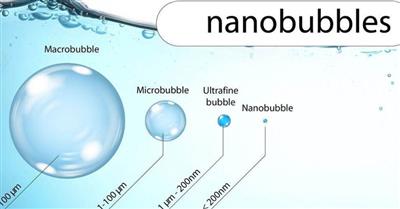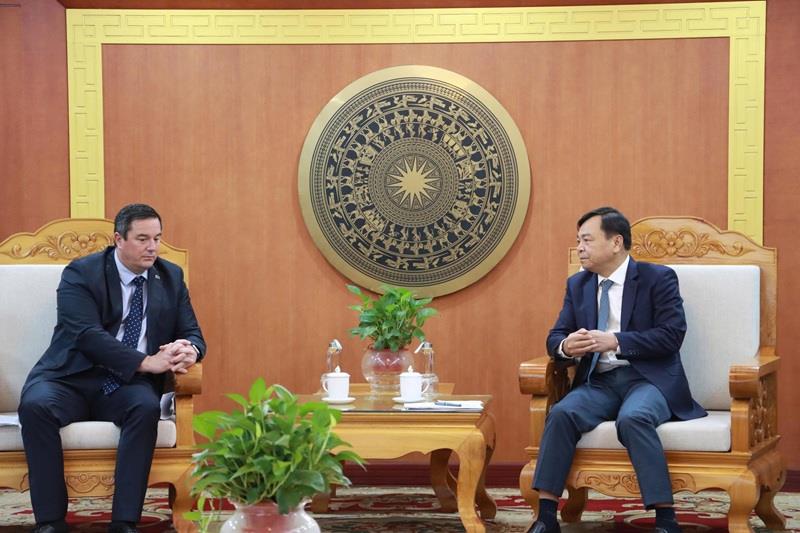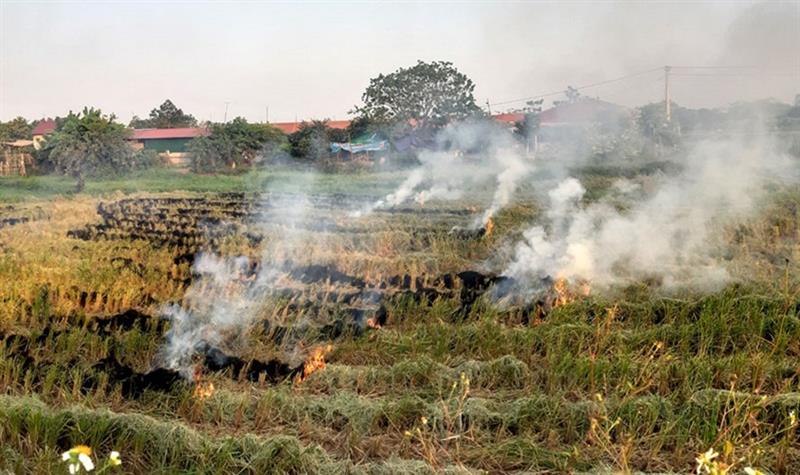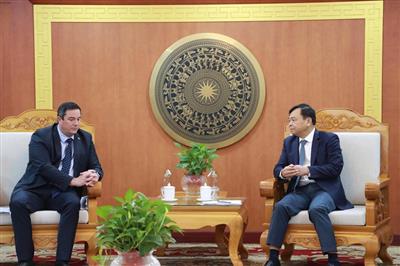
Strengthening the Vietnam-U.S. comprehensive strategic partnership: Agriculture as a pillar for fair trade and green growth
07/06/2025TN&MTAs the Vietnam-United States comprehensive strategic partnership continues to expand in both scope and depth, the early June visit to the U.S. by Minister of Agriculture and Environment Do Duc Duy and the accompanying Vietnamese delegation marked a new chapter in bilateral agricultural cooperation. The trip yielded tangible outcomes, exceeding expectations in both trade value and strategic direction for sustainable development.
Agricultural trade outcomes: Surpassing expectations
Minister Do Duc Duy’s visit, accompanied by a delegation of Vietnamese agribusinesses, resulted in the signing of 20 memorandums of understanding (MoUs) totaling nearly USD 3 billion. This remarkable achievement significantly exceeded initial expectations and underscored Vietnam’s proactive efforts to strengthen market connectivity and bilateral trade under the framework of the Comprehensive Strategic Partnership.
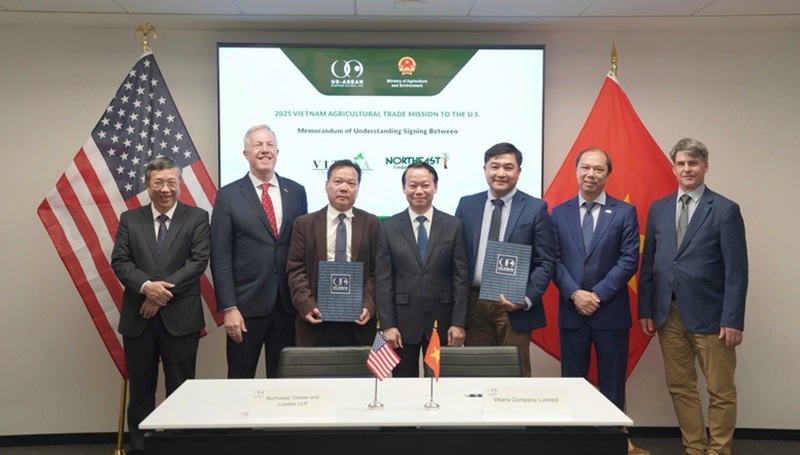
Minister Do Duc Duy and USABC President Ted Osius witness the signing of MoUs between Vietnamese and U.S. businesses
The MoUs were signed across key agricultural states—including Iowa, Ohio, and Maryland—as well as in Washington, D.C. Notably, during a roundtable meeting with the U.S.–ASEAN Business Council (USABC) on June 6 in Washington, D.C., eight new agreements were signed, totaling USD 1.1 billion. Earlier, in Iowa—the heartland of American soybean and corn production—Vietnamese companies inked deals worth USD 800 million, committing to import key agricultural commodities such as corn, soybeans, soybean meal, and meat over the next three years. In Ohio, a state renowned for its modern agriculture and robust export capacity, additional agreements exceeding USD 600 million were concluded.
Among the most significant deals was a USD 380 million agreement between Khai Anh Binh Thuan JSC and agribusiness giant Cargill, committing to the import of 1.2 million tons of animal feed grain—including corn, wheat, and soybean meal—from the U.S. This agreement addresses critical feed supply needs for Vietnam’s livestock sector. Additionally, small and medium-sized Vietnamese enterprises such as Thien But, IMEX CDC, and RYL Food established partnerships with U.S. counterparts including Niceland Foods, Intervision Foods, and Sea2Asia, alongside industry associations in wood and seafood.
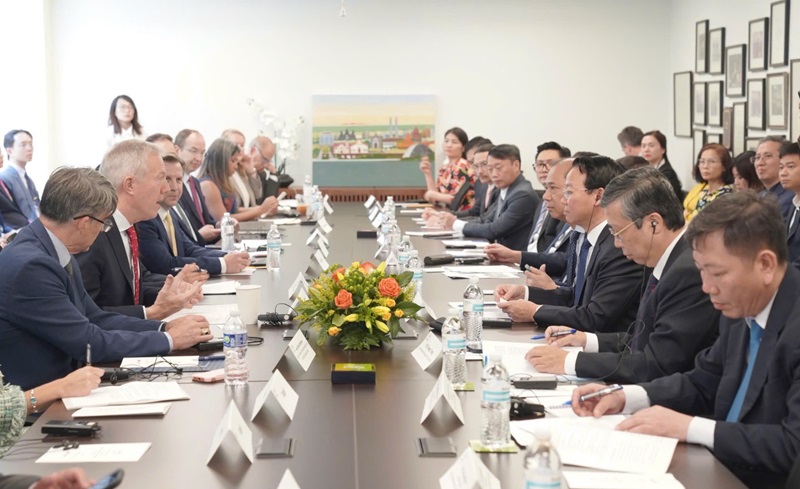
Working session between Vietnam’s Ministry of Agriculture and Environment and the U.S.-ASEAN Business Council (USABC)
This success was made possible in large part thanks to the active facilitation by industry associations and business communities from both countries. Sectoral organizations such as the Ohio Soybean Association, the Corn Council, and the Handicraft and Wood Industry Association of Ho Chi Minh City (HAWA), together with multinationals like Cargill, helped build a foundation of mutual trust and complementary engagement. U.S. mainstream media widely covered the signing events, recognizing them as positive signals for local agriculture—particularly as American farmers seek stable market access amid global supply chain disruptions.
From Vietnam’s perspective, these trade deals represent a strategic move to secure input supplies, stabilize the domestic feed market, and demonstrate the government’s commitment to gradually rebalancing bilateral trade. As Minister Do Duc Duy emphasized, agriculture is not only an economic sector but also a practical bridge that concretizes the Vietnam–U.S. Comprehensive Strategic Partnership on the basis of trust, mutual benefit, and sustainability.
Agriculture: From competition to complementarity
One of the key messages conveyed by Minister Do Duc Duy during bilateral meetings with U.S. officials and business leaders was that Vietnam and the United States are not direct competitors in agriculture. Rather, they are well-positioned to become long-term, sustainable partners who complement each other’s strengths. This perspective reflects the structural realities of each country’s agricultural production and trade, and opens up practical opportunities for both strategic and commercial cooperation.
Structurally, U.S. agriculture operates at a large scale and specializes in products such as grains, soybeans, red meat, and feed ingredients—commodities that are vital inputs for Vietnam’s livestock, food processing, and aquaculture industries. Meanwhile, Vietnam’s comparative advantage lies in tropical fruits, seafood, and value-added processed products that are increasingly favored by U.S. consumers for their uniqueness, high quality, and adherence to sustainability standards. This complementarity in production structure and market preferences forms the basis for cooperation rather than competition, and strengthens linkages within global agricultural value chains.
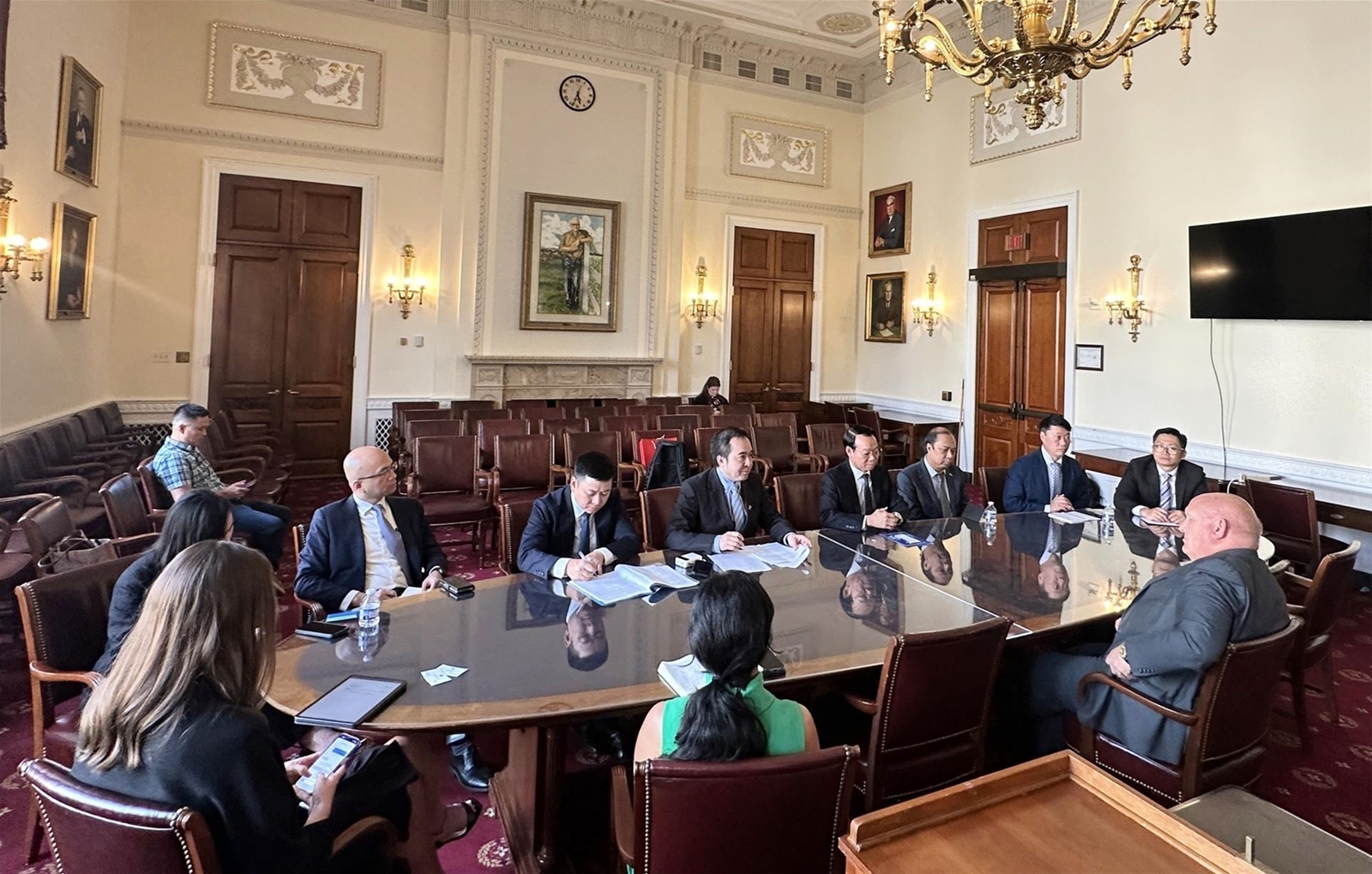
Minister of Agriculture and Environment Do Duc Duy meets with U.S. House Agriculture Committee Chairman Glenn GT Thompson
In fact, the recently signed trade agreements reflect a growing trend in Vietnam–U.S. agricultural relations: Vietnam imports agricultural inputs from the United States for domestic production while exporting specialty products, seafood, and processed goods to the North American market. Amid the uncertainties facing global supply chains, this model helps both sides better regulate supply and demand, manage risks, and ensure food security and economic stability at home.
The United States has also demonstrated its recognition of Vietnam’s growing role in the global agricultural trade network. Associations in Iowa and Ohio welcomed Vietnam’s decision to source from their states, seeing it not only as a solution to support American farmers but also as a validation of Vietnam’s position as a trusted trade partner in the Asia–Pacific region. American media outlets quoted lawmakers and agricultural leaders highlighting the Vietnam deals as “strategic opportunities” to expand market access and generate positive impacts throughout the U.S. agricultural value chain.
From a policy perspective, agricultural complementarity is not just about commodities—it serves as a foundation for long-term alignment of interests. It enables both countries to pursue a model of fair, sustainable, and responsible trade, where each side leverages its strengths to meet the other’s development needs while preserving economic sovereignty and food resilience.
Technology cooperation and sustainable development
Beyond commercial achievements, Minister Do Duc Duy’s visit to the United States also laid the groundwork for strategic cooperation in technology transfer, the application of advanced farming practices, and the joint development of sustainable agriculture between the two countries.
In meetings with U.S. companies, Minister Do Duc Duy reaffirmed Vietnam’s commitment to green growth, circular economy models, and the Net Zero target by 2050. Accordingly, Vietnam seeks not only to expand trade but also to deepen collaboration with the United States in innovation, high-tech agriculture, and climate finance. This message resonated with leading U.S. corporations in agriculture, finance, and technology.
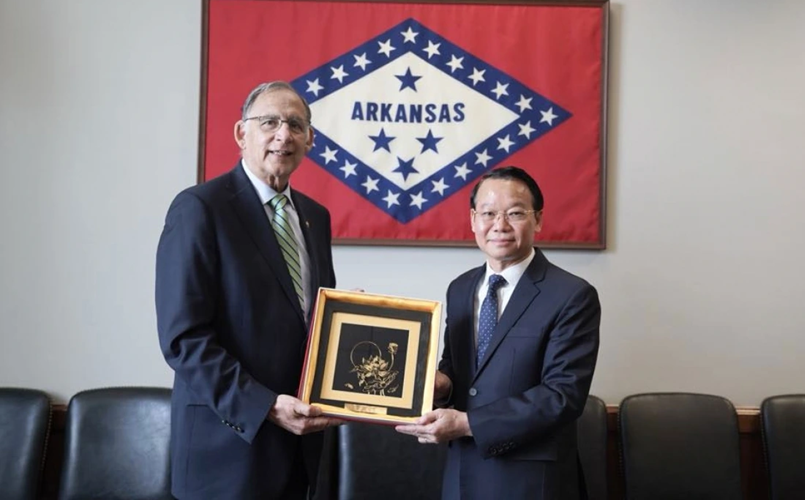
Minister of Agriculture and Environment Do Duc Duy meets with Senator John Boozman, Chairman of the U.S. Senate Committee on Agriculture, Nutrition, and Forestry
Cargill, for example—Vietnam’s leading animal feed supplier with over 1,500 employees and production facilities in 12 provinces—pledged to continue supporting Vietnam not only through trade but also through social responsibility and sustainability initiatives. The company has funded more than 120 schools across Vietnam, exemplifying a holistic approach that links economic growth with human development.
In the realm of climate finance, Citi Group played a pioneering role by launching Vietnam’s first voluntary carbon credit transaction through a community-focused project. Speaking in Washington, D.C., Miguel Bates-Bingosa, Citi’s Vice President for International Relations, expressed the group’s strong interest in supporting the development of Vietnam’s carbon credit market—mobilizing global climate resources while enhancing rural livelihoods. This shift from commercial to institutional and financial cooperation is a critical step in realizing green transition goals.
In the field of meteorology and disaster risk management, AI-based weather tech startup Atmo expressed its desire to partner with Vietnam’s Ministry of Agriculture and Environment and the National Center for Hydro-Meteorological Forecasting to build early warning capacity. Atmo CEO Alex Levy, following a meeting with Minister Duy, announced plans to travel to Hanoi for direct discussions with Deputy Minister Le Cong Thanh and Vietnamese partners. Notably, Atmo proposed establishing U.S.–Vietnam meteorological innovation centers as a “win–win” approach to climate adaptation and community protection.
Beyond official meetings, the Vietnamese delegation conducted field visits and engaged with state governments and local businesses to explore models of ecological, smart, and circular agriculture in the U.S. Lessons on automation, traceability, spatial resource management (land, water, air), AI, and big data offer valuable insights for Vietnam’s policy orientation—especially as its agriculture sector undergoes restructuring toward an ecological, modern, and globally integrated model.
Technology cooperation and sustainability are not only emerging pillars in the Vietnam–U.S. agricultural relationship but also a reflection of Vietnam’s modern policy thinking: shifting from “producing more” to “producing smart,” from “short-term markets” to “long-term value,” and from “buyers and sellers” to “co-development partners.”
Agricultural diplomacy: A strategic tool for trade rebalancing and global integration
Minister Do Duc Duy’s working visit to the United States, accompanied by a delegation of nearly 50 organizations, associations, and businesses, was not merely a trade promotion mission—it marked the growing role of agricultural diplomacy as a core element of Vietnam’s foreign policy and national development strategy.
In the context of Vietnam’s efforts to expand markets, strengthen supply chains, and boost high-quality agricultural exports, deepening engagement with U.S. policymakers and the business community—the world’s largest economy—holds strategic significance. During meetings with Senator John Boozman, Chair of the Senate Committee on agriculture, nutrition and forestry, and Representative Glenn Thompson, Chair of the House Committee on Agriculture, Minister Do Duc Duy conveyed Vietnam’s dual objectives: to increase imports of essential U.S. agricultural commodities to promote bilateral trade balance, and to advocate for greater U.S. market access for Vietnamese agricultural, seafood, and processed products.
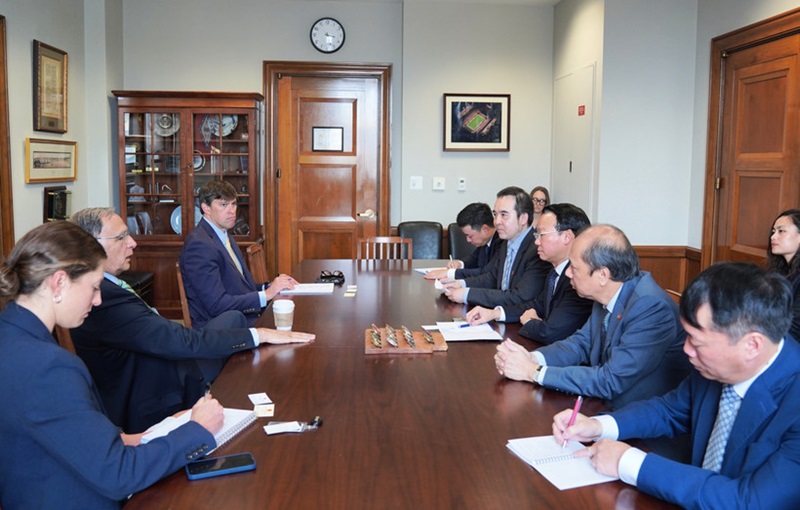
Minister of Agriculture and Environment Do Duc Duy works with Senator John Boozman, Chairman of the U.S. Senate Committee on Agriculture, Nutrition, and Forestry
This message went beyond trade—it reaffirmed the spirit of a comprehensive strategic partnership, in which Vietnam actively contributes to harmonizing interests between the two economies. Vietnam’s commitment to nearly USD 3 billion in MoUs demonstrated political goodwill and laid a solid foundation for future bilateral negotiations on fair trade, including emerging issues such as technical barriers, quality controls, and proposed tariff policies.
Minister Do Duc Duy’s direct engagement with influential lawmakers in the U.S. Congress also signaled a new level of diplomatic assertiveness in Vietnam’s agriculture sector. These high-level dialogues allowed Vietnam to convey its policy positions clearly and credibly, while also helping to forge a policy network between legislative and regulatory bodies in both countries—an essential asset in today’s volatile global trade environment.
The strong presence of international media throughout the visit—highlighted by coverage from Reuters, AFP, and regional outlets like Ohio Ag and Business Journal Daily—further elevated Vietnam’s image as an active, deeply integrated partner, ready to share responsibility for stabilizing global supply chains. This is particularly significant as Vietnamese agricultural exports face growing demands for quality, sustainability, traceability, and transparency from international markets.
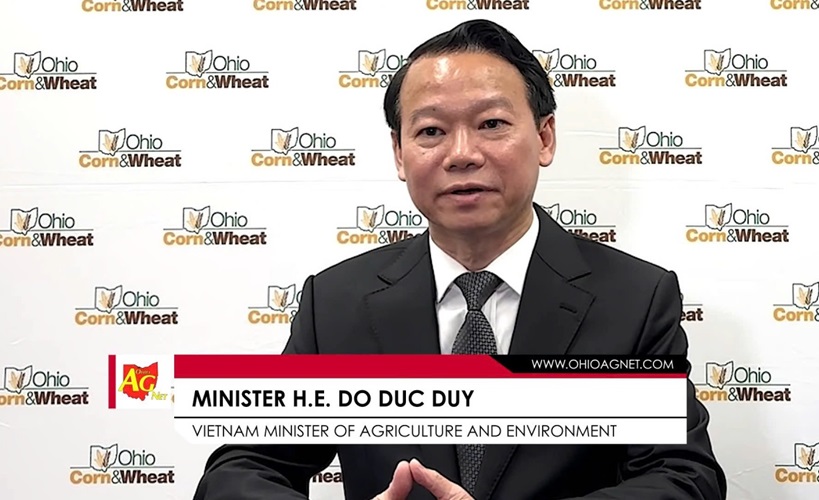
Ohio Ag features Minister Do Duc Duy’s remarks at a press briefing following the Vietnam–Ohio Agricultural Business Forum on June 4
In Vietnam’s new agricultural development strategy, agricultural diplomacy is no longer a standalone activity but has become a strategic tool that bridges the key pillars of trade, technology, finance, and institutions. The dynamic interplay of foreign policy, market promotion, technology cooperation, and institutional dialogue is key to positioning Vietnam in global value chains and safeguarding national interests in upcoming bilateral and multilateral trade agreements.
Minister Do Duc Duy’s visit to the United States in early June 2025 concluded with results far exceeding expectations—not only in terms of trade value approaching USD 3 billion, but also in the strategic depth achieved in technology cooperation, climate finance, and policy dialogue. This was not merely a business networking mission—it marked a substantive step toward repositioning Vietnamese agriculture in the global value chain with a long-term vision and proactive integration mindset.
From major contracts with top-tier U.S. corporations to commitments on green development, from trade negotiations to the establishment of platforms for high-level policy dialogue, the visit has opened a new chapter in Vietnam–U.S. agricultural relations. Vietnam is emerging not only as a dynamic importer but also as a trustworthy partner, ready to share global responsibilities in food security, climate response, and sustainable development.
As one of Vietnam’s pillar economic sectors, agriculture is proving its ability to lead in economic diplomacy—enhancing bilateral trade, expanding cooperation space, and advancing green development values. The achievements of this mission are not just a success for the agriculture sector, but a practical contribution to the country’s comprehensive foreign policy and its development vision toward 2045.
Ngoc Huyen


